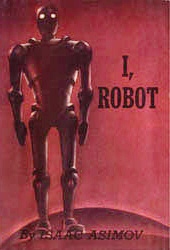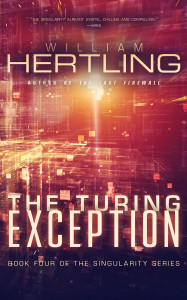There’s a new term that I expect will soon become a regular topic of conversation – transhuman. It sounds like a new gender category, but it isn’t. It’s far from it.
Transhuman is the integration of technology into humans. It’s similar to genetic and cell technologies like CRISPR or stem cell therapies but much more invasive. A transhuman refers to someone who has integrated technology into their body in a way that substantially augments either their mental or physical capabilities, or in many cases both. Perhaps you’re more familiar with the term cyborg, the mix of man and machine, although becoming transhuman doesn’t necessarily require embedding a machine in one’s body.
While it sounds like an amazing thing to happen, and in some ways it can be, it’s also quite scary. Here are some of the benefits that could result from being transhuman and why I also thing it could be a cause for alarm.
Continue reading

